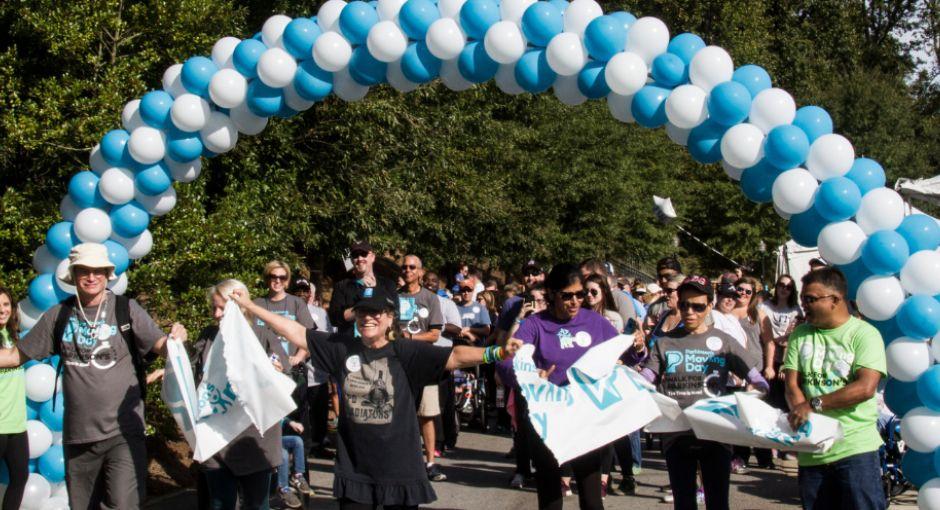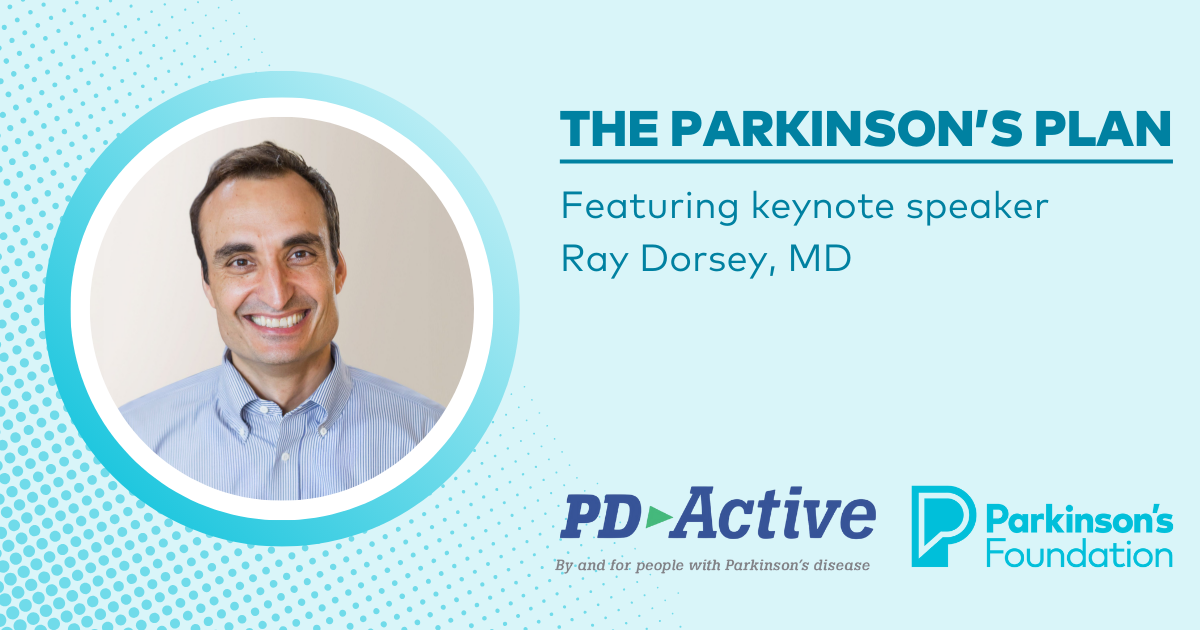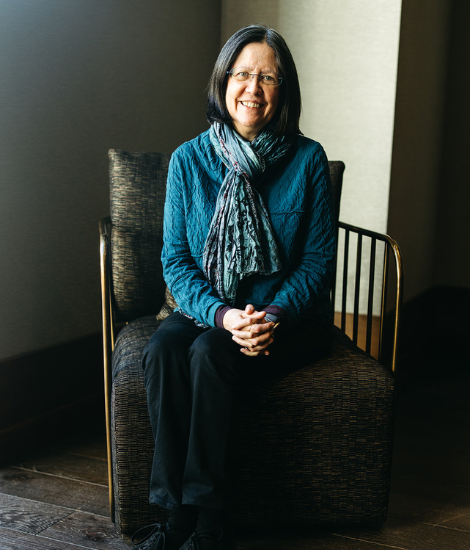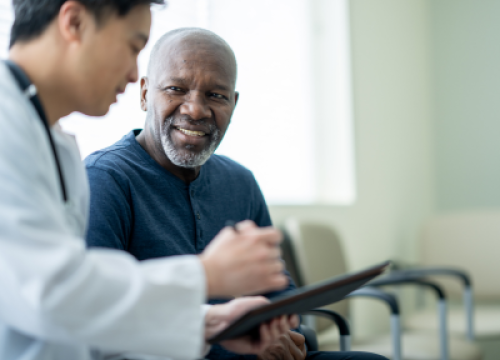Community Walk Pompano Beach

Get out and move with your community! Every dollar raised supports the Parkinson’s Foundation mission to make life better for people affected by Parkinson’s disease (PD). At Moving Day Community Walks across the country, we’re fighting Parkinson’s and celebrating movement — proven to help manage Parkinson’s symptoms — and we’re doing it together. The Moving Day Community Walk Program is a complement to the Parkinson’s Foundation Moving Day, A Walk for Parkinson’s. These walks are family-friendly and help the Foundation make life better for people with PD.
The Community Walk program offers volunteers an opportunity to organize a walk in their own community that does not have a Moving Day event. The program leverages the personal experiences and community leadership of passionate volunteers to promote Parkinson’s awareness and raise funds for the Parkinson’s Foundation.
Contact Us
Norma Jenkins
Upcoming Events
Parkinson's Basics: What You Need to Know
This program offers an introduction and basic overview of Parkinson’s disease (PD).
Learn More. Live Better. Parkinson's Symposium
This program will provide you with information to help you find the balance between a proactive approach and wondering what lies ahead.
Moving Day Spring Kickoff and Rock Climbing Demo
Join us for a morning of exercise and community to kickoff the spring events in Northern CA.







